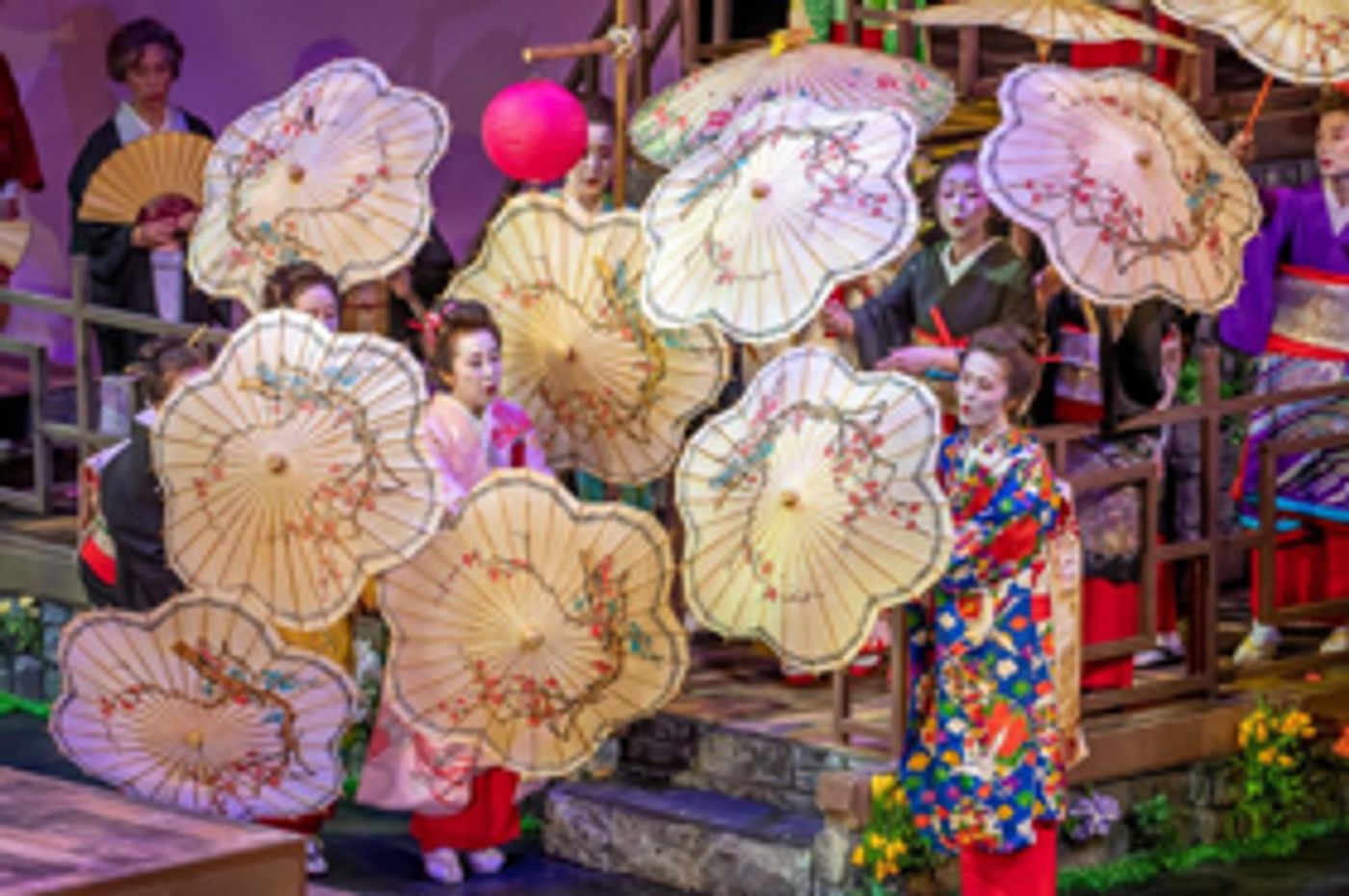OH Maestro Eiki Isomura - Flipping the Lens on MADAMA BUTTERFLY

"I still love BUTTERFLY," wrote Puccini. "I never listen with pleasure to any of my operas, with the exception perhaps of the last act of "La bohème." But BUTTERFLY, yes - everything! And I have the knowledge that I have written the most modern of my operas."
By "modern," he might have been referring to the opera's contemporary setting of 1904, his engagement with a foreign culture particularly in vogue at the time, or his incorporation of post-tonal harmony in the score. Whatever the case, some aspects have aged less gracefully than others. Today, there is an increasing awareness among interpreters and audiences of the opera's problematic nature as an artifact of cultural appropriation. For Asian interpreters of the work, BUTTERFLY presents a dilemma both ideological and practical: Am I validating and lending undeserved credibility to an unfair portrayal of this culture? And by performing this work will I be pigeonholing myself within the profession?
Opera companies have begun asking themselves the hard questions about casting, given the under-representation of minorities in the profession and the piece's long history of yellow-face performance, in which non-Asian performers don makeup to "look the part." How heavily one company weighs a prospective performer's ethnic heritage in its casting decisions ultimately depends on its goals for the production.
Even the most sensitive casting endeavors and informed design and direction leave plenty of questions about cultural authenticity. Is a realistic portrayal of Japanese people and culture even possible in BUTTERFLY, given that its source material was conceived entirely through a western lens? Can that lens be flipped somehow?
As one who has long wrestled with these questions, I submit that there can be no definitive way of solving the work's inherent problems. There are, however, approaches that do more or less to honor the culture being portrayed. This production strives to honor Japanese culture through language, by re-imagining how every interaction might have actually taken place between the different characters within and across cultures.
In the Japanese portions of this libretto, appropriate social codes are built into the sung text whenever possible. Characters singing to their elders, for example, employ more deferential forms of speech. I made efforts to keep the translation as close to the original Italian as possible, while removing and adapting some of the librettists' use of unusual proper names that are unknown and dissonant to Japanese people. Conflation of multiple religions abounds throughout the original libretto, Suzuki's invocation of alternating Buddhist and Shinto deities, as an example. In certain instances I preserved such inaccuracies in my belief that a misinformed piece of appropriation cannot be altogether rehabilitated into something it is not - a notable point of consensus in a panel discussion hosted by Opera in the Heights.
The goal of this production has never been to reclaim the Japanese-ness of BUTTERFLY, but at times in rehearsal, I felt some phenomenon just short of that happening. First, second, and third generation Japanese-Americans in the cast asked one other, "What would this character have really said in this situation, and how?" Those were discussions that shaped and enlivened the libretto, and affected, in our small way, a "flipping of the lens." It was one of our many remarkable takeaways from this undertaking, striving to find this story's most honest expression. If this bilingual production can generate in our audiences some new degree of empathy for these characters' experiences, it will have fulfilled its aim.
MADAMA BUTTERFLY by Giacomo Puccini. Friday, April 26 - May 4. Lambert Hall, 1703 Heights Boulevard. Tickets priced from $40.50 to $94.50. operaintheheights.org/butterfly.
New bilingual libretto by Eiki Isomura (Japanese) and Josh Shaw (English) after the original Italian libretto by Luigi Illica and Giuseppe Giacosa.
Presented by Opera in the Heights. Co-produced with Pacific Opera Project. Conductor: Eiki Isomura. Director: Josh Shaw. Cast: Keiko Clark, soprano (Cio-Cio san); Peter Lake, tenor (Benjamin Franklin Pinkerton); Kenneth Stavert, baritone (Sharpless); Kimberly Sogioka, mezzo-soprano (Suzuki); Eiji Miura, tenor (Goro); Hisato Masuyama, tenor (Bonze); and Amanda Levy, soprano (Kate Pinkerton).
Runtime: 2 hours, 30 minutes - including one intermission.
Videos

